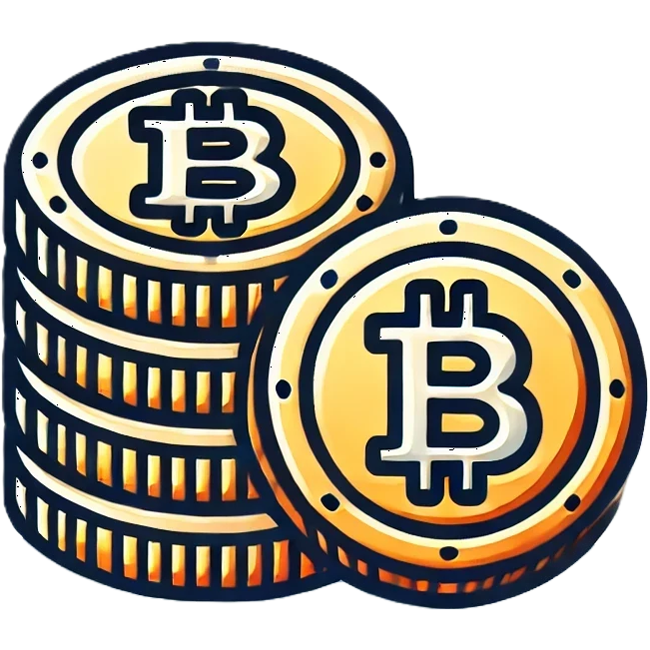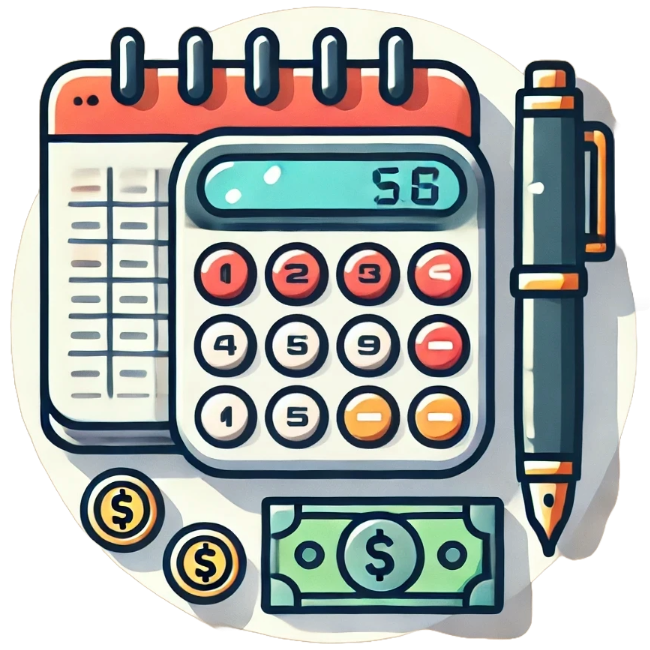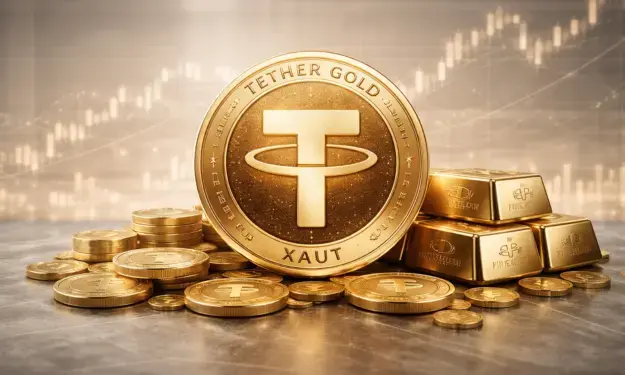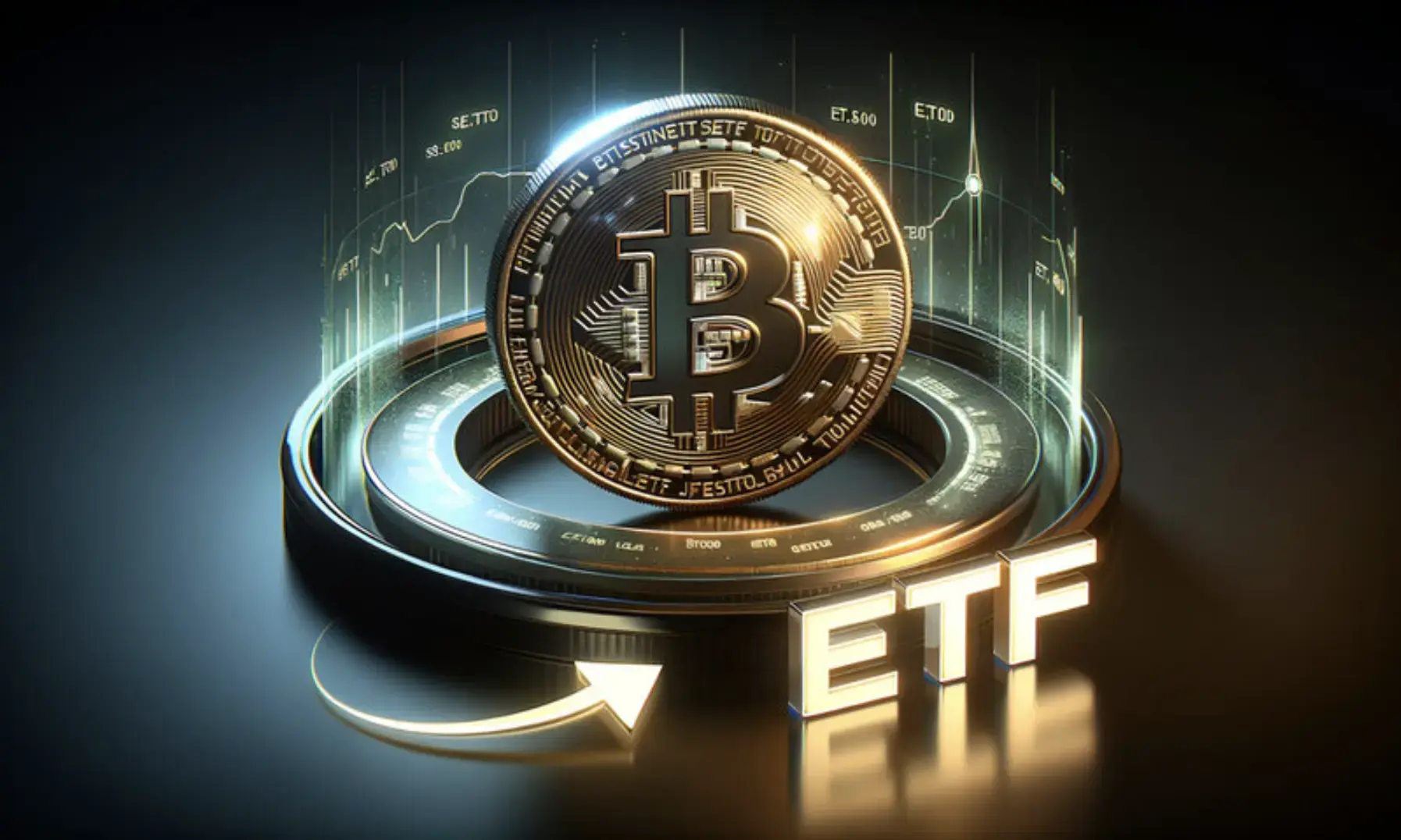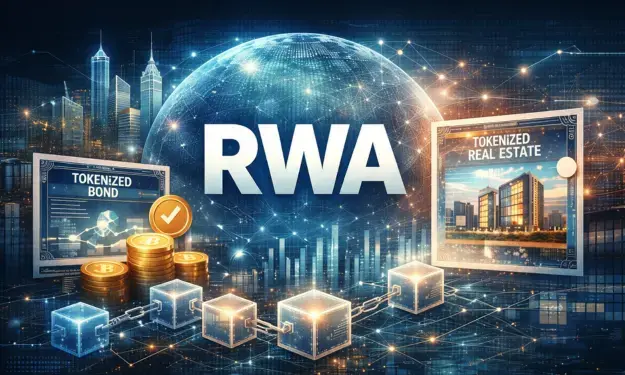Publication date: June 25, 2025
Bitcoin Cash once began as the quick and cheap alternative to Bitcoin. In 2025, BCH seems to be reinventing itself with initiatives such as CashTokens, growing adoption in emerging markets, and a recent rebound in the price. In this article, you'll read what BCH's role is today, where opportunities lie and what investors should keep an eye on.
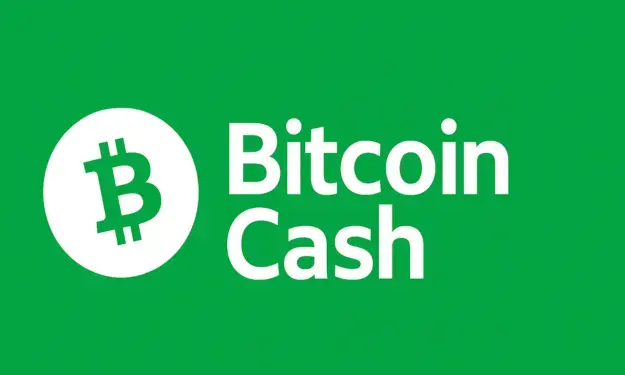
What is Bitcoin Cash?
Bitcoin Cash (BCH) is a digital currency created in 2017 as a spin-off from Bitcoin (BTC). Its main goal was to enable faster and cheaper transactions. Whereas Bitcoin increasingly developed into a digital form of store of value, often called "digital gold," Bitcoin Cash focuses on everyday use as a means of payment.
BCH enables global payments without the intervention of banks with low fees and fast processing times. For those new to crypto, you can think of Bitcoin Cash as a more practical version of Bitcoin, built on the same technology but with a clear focus on ease of use and transactions.
Why did Bitcoin Cash become popular?
Bitcoin Cash's popularity began in 2017 during a debate within the Bitcoin community about the scalability of the network. Bitcoin transactions experienced increased delays and higher costs. Some of the developers called for larger data blocks ("blocks") so that more transactions could be processed at once.
Bitcoin Cash was created to solve this problem. It increased the block size from 1 MB to 8 MB and later to 32 MB. This allowed more transactions per second at a lower cost. This modification made BCH attractive as a payment method, both for everyday use and for international transfers.
Recent developments around Bitcoin Cash
Bitcoin Cash (BCH) is once again in the spotlight. After a relatively quiet period, the currency is beginning a remarkable recovery, with rising price movements and increasing adoption worldwide. While many altcoins are struggling to stand out, BCH is managing to reposition itself as a practical and scalable cryptocurrency. These three key developments explain the renewed momentum:
- Growing adoption as a global payment method: In an increasing number of countries, particularly in South America, Africa, and Southeast Asia, Bitcoin Cash is gaining ground as a payment method. Its low transaction fees and fast processing make it attractive to people without stable access to traditional banks. More and more stores, online platforms and payment apps are accepting BCH. This practicality increases confidence in the currency and stimulates demand, which has a positive effect on the exchange rate.
- Technological innovation via CashTokens: In 2025, the CashTokens protocol was officially launched. This extension allows developers to build smart contracts and DeFi applications on the BCH network, something not possible before. This makes Bitcoin Cash's ecosystem significantly more versatile and attractive to developers and investors alike. The ability to create NFTs, decentralized loans and other applications within the BCH network opens the door to new markets and applications.
- Positive market sentiment after halving (halving): The April 2024 halving, in which the block reward for miners was halved, has slowed the inflation of BCH supply. Historically, moments like this often create upward price pressure as the supply of new coins falls. Combined with a broader upturn in the crypto market, this has led to renewed attention to BCH as a relatively "undervalued" coin with clear use cases.
These recent developments show that Bitcoin Cash is more than a historical spin-off from Bitcoin. The coin is evolving in content, technology, and use cases, making it attractive to developers and users alike. Whether BCH returns to former heights remains to be seen, but the fundamental basis for further growth is clearly in place.
Price movement of Bitcoin Cash
The chart below shows how Bitcoin Cash (BCH) has fared against Bitcoin (BTC) over the past six months. Both coins show largely the same price trend, with a joint decline at the beginning of 2025 and a recovery starting in April. What is immediately noticeable, however, is the difference in volatility: BCH reacts more strongly to price fluctuations and experiences larger outbursts than Bitcoin. This higher volatility is typical of altcoins with a smaller market capitalization.
BCH's recent breakout above key resistance levels, combined with increased interest in BCH as a means of payment and the introduction of CashTokens, has contributed to a renewed influx of interest from the market.
Although BCH is currently benefiting from positive sentiment, its price performance remains closely tied to broader market movements. In particular, Bitcoin's price trend will continue to be a determining factor in Bitcoin Cash's short- and long-term direction.
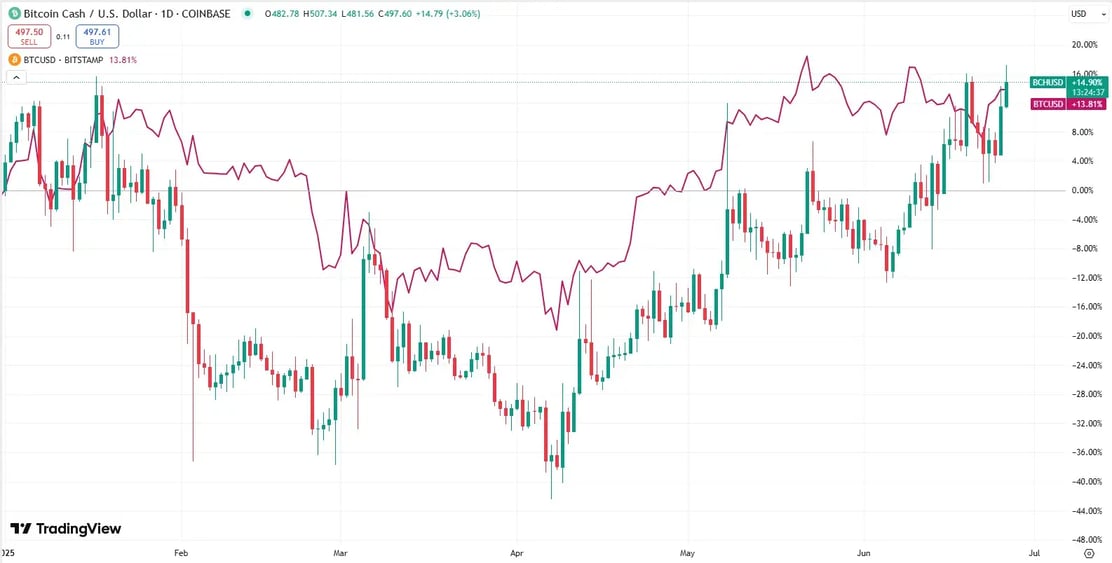
What could drive up the price of Bitcoin Cash?
1. Growing adoption as a payment method: The more people use BCH for international payments or as an alternative to expensive bank transactions, the greater the demand. This especially plays out in emerging markets where inflation or capital restrictions are prevalent.
2. Development of CashTokens and DeFi on BCH: If developers actively start building DeFi applications on the BCH network, this could breathe new life into the ecosystem.
3. New bull market or Bitcoin rally: BCH often benefits when the broader crypto market picks up, especially since it is seen as "Bitcoin light. With strong market sentiment, this can lead to rapid price increases.

.svg)




